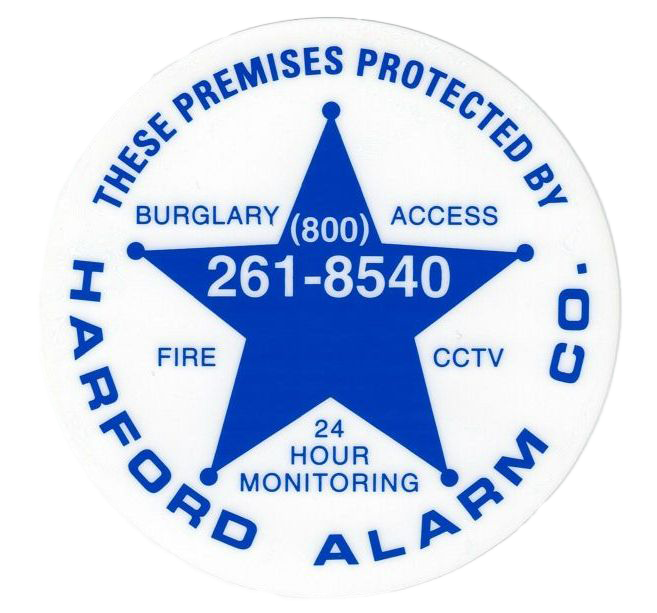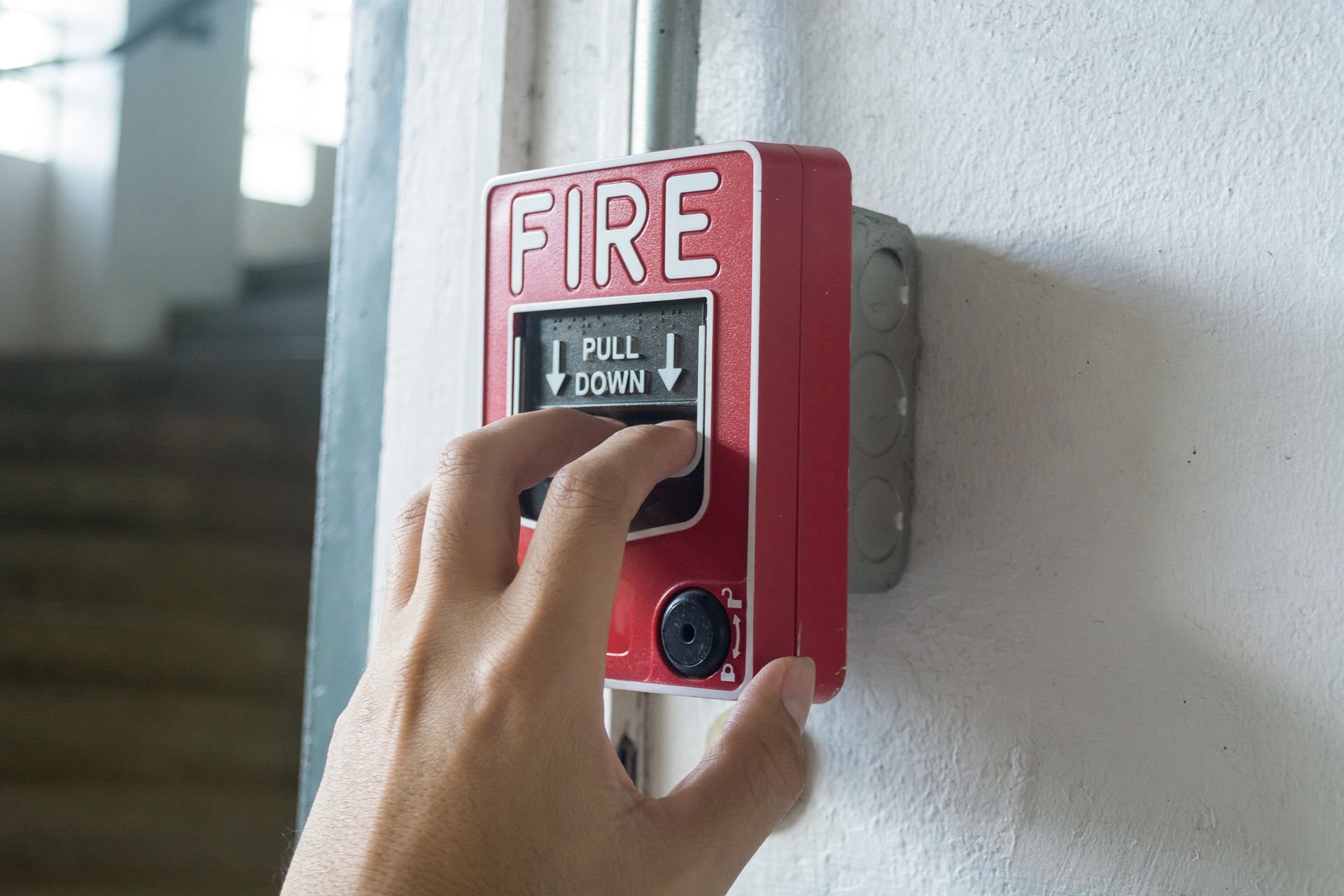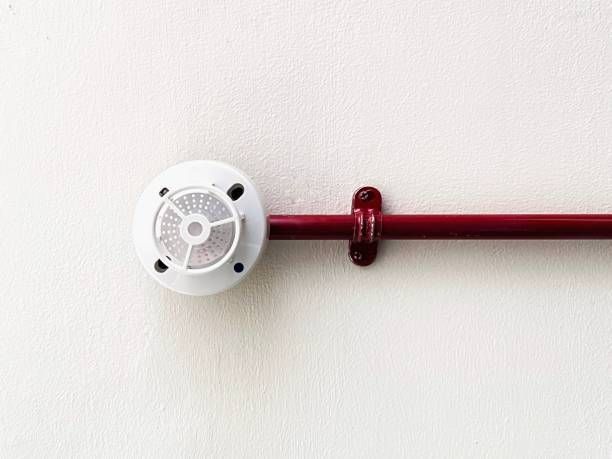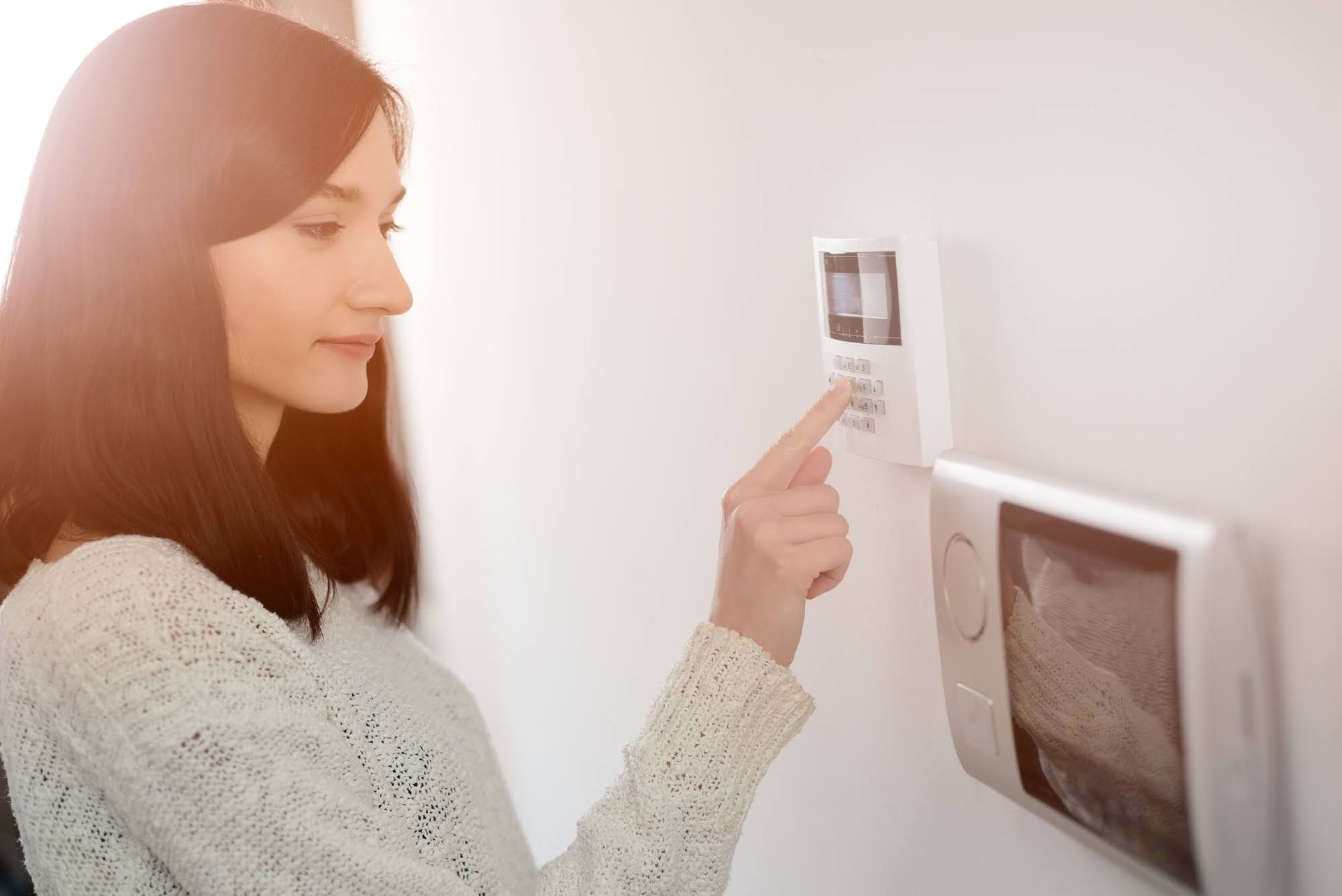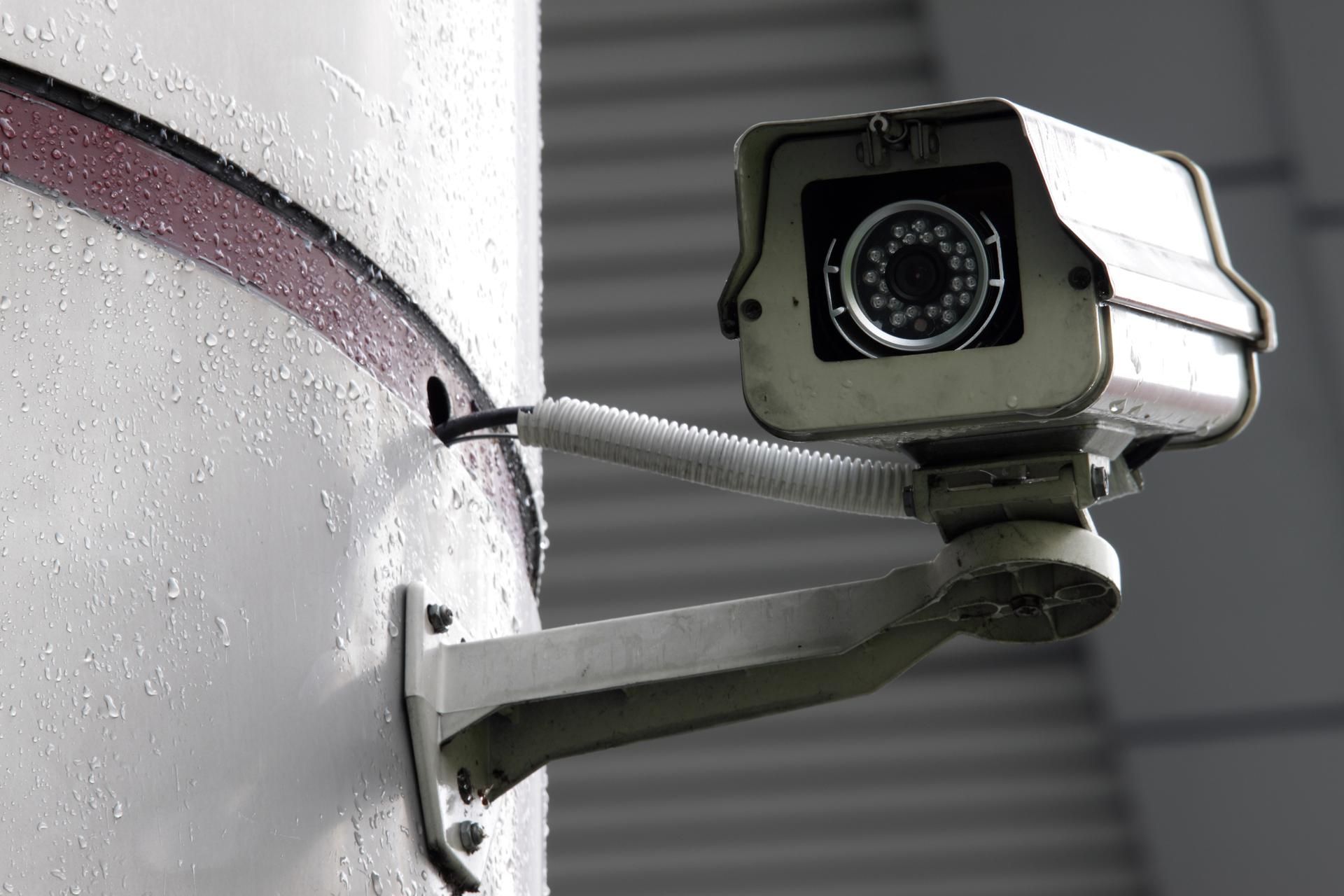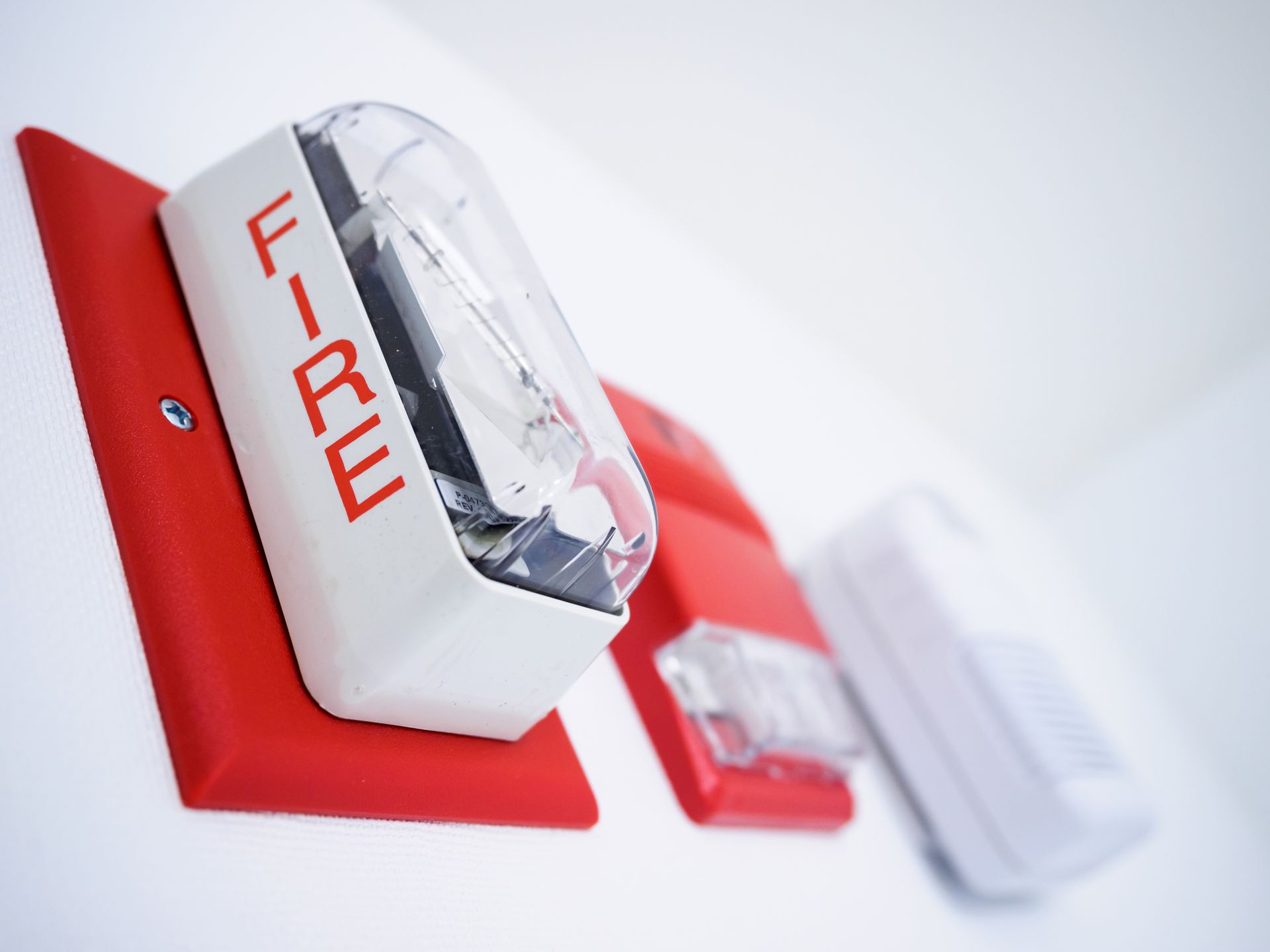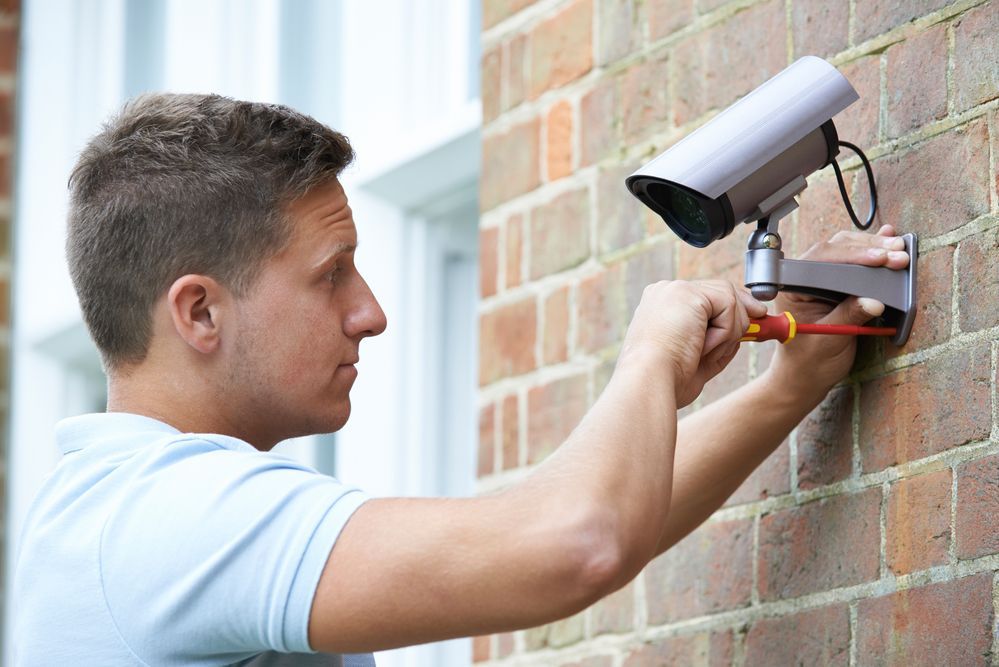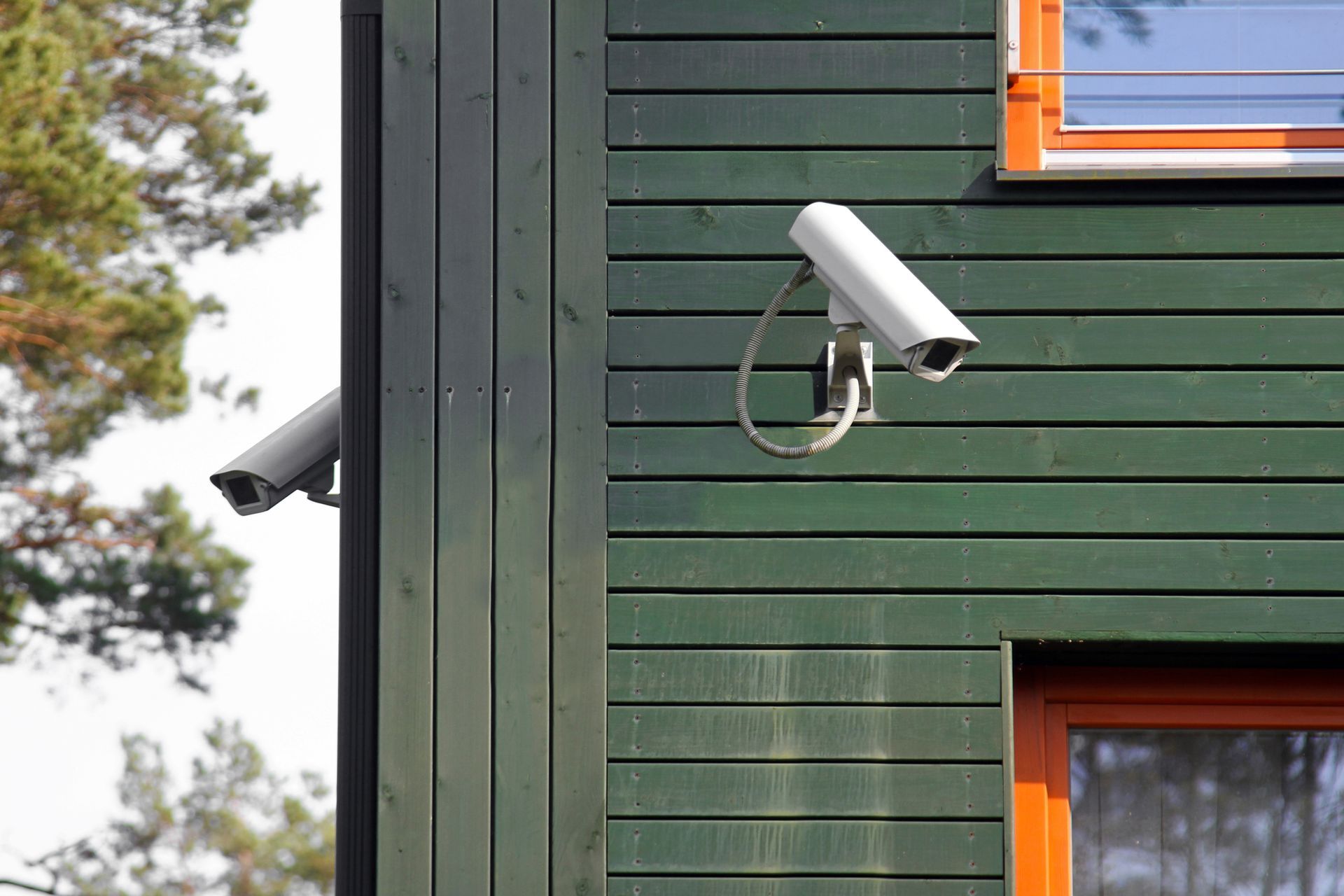The Importance of Access Control Systems in Healthcare
In the rapidly evolving landscape of the healthcare industry, ensuring the security of patient data and facilities is paramount. Access control systems play a significant role in safeguarding sensitive information, enhancing safety, and maintaining compliance with regulations. For business owners in the healthcare sector, understanding the importance of implementing robust access control system services is essential for protecting their operations and the trust of their patients.
Understanding Access Control Systems
At their core, access control systems are designed to manage and regulate who can enter specific areas, access sensitive data, and utilize critical resources within a healthcare organization. These systems help prevent unauthorized access, ensuring that only legitimate personnel can interact with patient records, medical equipment, and sensitive areas such as pharmacy storage or medical labs. Proper implementation of these systems protects patients' privacy and fortifies the integrity of the entire healthcare operation.
Compliance and Regulatory Considerations
Healthcare organizations are subject to stringent regulations, such as the Health Insurance Portability and Accountability Act (HIPAA), which mandates the protection of patient information. Non-compliance can lead to severe financial penalties and damage to a business's reputation. By investing in effective access control systems, healthcare businesses can demonstrate diligence in their efforts to protect patient data and comply with legal requirements. Proper strategies minimize risks and foster a culture of accountability and responsibility among staff members who handle sensitive information.
Enhancing Physical Security
Besides protecting digital information, access control systems are critical in enhancing the physical security of healthcare facilities. Hospitals and clinics often attract a diverse population, which can introduce risks. Restricted access to certain areas can deter potential threats and enhance safety for both patients and employees. Modern access control solutions utilize technologies such as keycards, biometric scanners, and intercom systems, which streamline entry processes and provide a comprehensive log of who enters and exits secure areas. This transparency can be invaluable when investigating incidents or reviewing security breaches.
Integrating Technology for Improved Safety
With the advent of advanced technologies, access control systems have become more sophisticated. The integration of cloud-based systems, artificial intelligence, and mobile access applications offers healthcare organizations unprecedented flexibility and enhanced security features. These technologies allow for real-time monitoring and remote management, providing business owners with the means to respond swiftly to security concerns. Furthermore, with these innovative solutions, healthcare providers can seamlessly integrate access control with other security services, such as surveillance cameras and alarm systems, creating a cohesive security infrastructure.
Training and Awareness for Staff
While implementing access control systems is vital, it is equally important to foster a culture of security awareness among healthcare staff. Employees should be adequately trained on the correct use of access control systems, the importance of safeguarding sensitive information, and recognizing potential security threats. Regular training sessions and updates can empower employees, ensuring they remain vigilant and proactive in maintaining security standards. A well-informed team is the first line of defense in identifying irregularities and protecting the organization from potential security breaches.
Cost Implications and Return on Investment
Investing in access control system services may seem daunting from a budgetary perspective, especially for smaller healthcare providers. However, such investments translate to significant long-term savings. Preventing data breaches, ensuring compliance, and reducing theft or vandalism can save organizations from costly legal disputes, fines, and loss of reputation. Moreover, effective access control fosters trust among patients, who expect their personal and medical information to be protected. In this light, the return on investment becomes evident as healthcare organizations build a safer and more secure environment.
The significance of proper access control systems in the healthcare industry cannot be overstated. As a business owner, prioritizing security measures protects sensitive patient information and enhances the overall safety and efficiency of healthcare operations. In an era where security concerns loom large, taking proactive measures to safeguard your facility will yield benefits that resonate throughout your organization, ensuring a brighter future for your business and your patients.
For more info, contact us at Harford Alarm Company.
